In today’s advanced and increasingly connected world, the transport system, as with all other aspects of our societies, is undergoing comprehensive digitalization.
Advancements in digital technologies span the spectrum of planning, design, and construction, as well as operations and maintenance of transport infrastructure assets. The future development of the transport system will be impacted, to a large extent, by digitalization in various forms. Different solutions are being developed and gradually introduced into the transport system, using smart sensors, AI and machine learning, digital twin technology, and cloud-based data management. Many innovative tools and services that are being developed utilize an integrated approach to best leverage the available digital technologies.
The strategic innovation program InfraSweden is an initiative with a mission to identify, support and utilize innovation opportunities and cooperation potential that could impact the future development of transport infrastructure. InfraSweden’s approach in the innovation landscape includes open calls for innovation project proposals, program-initiated strategic projects, innovation competitions, and various activities such as workshops, seminars, and round table discussions with key stakeholders. In addition, InfraSweden provides innovation coaching and networking opportunities to its projects, member organizations, and other stakeholders. More information about InfraSweden is available at www.infrasweden.nu.
In this side event, we present examples of how technologies based on advanced digitalization may promote sustainable and smart transport infrastructure. These examples are based on the results of four innovation projects conducted in Sweden with financial support from InfraSweden.
iBridge – Digital and Connected Bridges for Efficient and Intelligent Management
The project iBridge has developed an efficient and intelligent bridge management tool that combines advanced digital technologies to automate bridge inspections and a simple user interface to promote implementation. This tool can improve the efficiency of bridge management by complementing or replacing manual inspections, speeding up inspection services, and reducing the overall bridge management costs for infrastructure owners. The potential benefits are high, considering the large number of bridges in use.
Automated Construction – Reinforcement
The project concerns the fabrication of reinforcement cages on a construction site, with collaborating industrial robots whose movements are calculated automatically with data from a digital model of the cage to be manufactured. The aim of the project has been to develop a methodology to improve the construction sector’s productivity and working environment for the time-critical construction activity with the installation of reinforcement. The basic idea has been to use industrial robots for installation work instead of, as today, installing the reinforcement manually. The result is a fully automatic machine for the fabrication of reinforcement cages, including the calculation of all necessary robot movements, based on digital models of the cages.
Tunnel Automatic CracK detection – TACK
The aim of the project has been to investigate and develop a new technique to detect and monitor cracks in the tunnel lining using a hybrid approach of deep learning and photogrammetry. With this technique, cracks are detected automatically and measured from the imagery acquired using a customized mobile mapping system, leading to a highly efficient monitoring system. Finally, the project presents a systematic approach to assess the risk associated with the cracks. With the proposed inspection system, the downtime of the tunnel can be reduced significantly, and the digital twin generated from the data collection can greatly simplify the knowledge transfer of the tunnel condition between inspectors and owners.
Forecast driven Dynamic Winter Road Maintenance
To enable tailor-made production measures for more productive and sustainable winter road maintenance, decision-support data from high-resolution road weather forecasting services need to be integrated with GPS, management, and monitoring systems. With the help of dynamic road condition information, support can be given to the entire chain from decisions (road weather service), route optimization, call-out of road maintenance vehicles, and automatic salt dosing based on the road weather forecast to the reporting of action data, which becomes an input to residual salt calculation in future forecasts.
Speakers
- Camilla Byström, Program manager, InfraSweden, KTH Royal Institute of Technology
- Fredrick Lekarp, Deputy Program manager, InfraSweden, KTH Royal Institute of Technology
- Peter Rosengren, CEO IoTBridge
- Ulf Håkansson, Design manager, Major projects, Skanska Sweden
- Lars Pettersson, Design manager, Major projects, Skanska Sweden
- Andreas Sjölander, Researcher/Lecturer, KTH Royal Institute of Technology
- Valeria Belloni, Postdoc, Sapienza University of Rome
- Andrea Nascetti, Associate Professor, University of Uliege
- Andreas Bäckström, Business Developer, Svevia
- Mats Wärme, Business Area Manager, BM systems
About the organiser
InfraSweden’s mission is to identify, support and utilize innovation opportunities and cooperation potential that could impact the future development of transport infrastructure. Our vision is a sustainable transport infrastructure that supports the transition towards the 2030 Agenda and will achieve climate neutrality by 2045.








